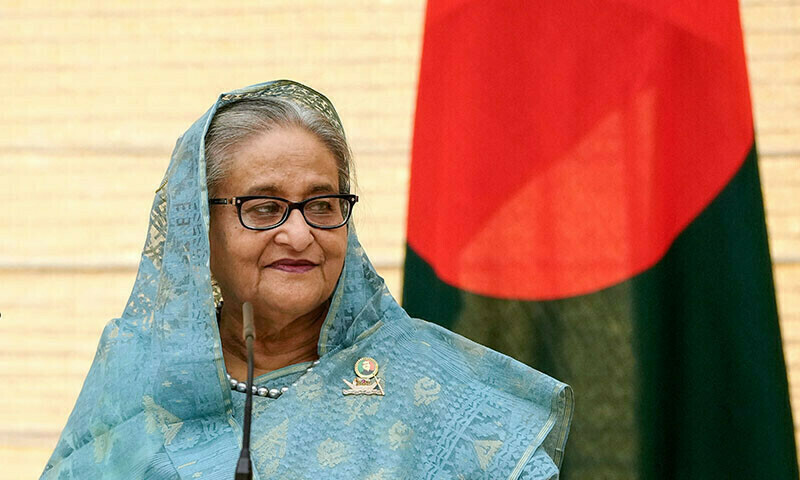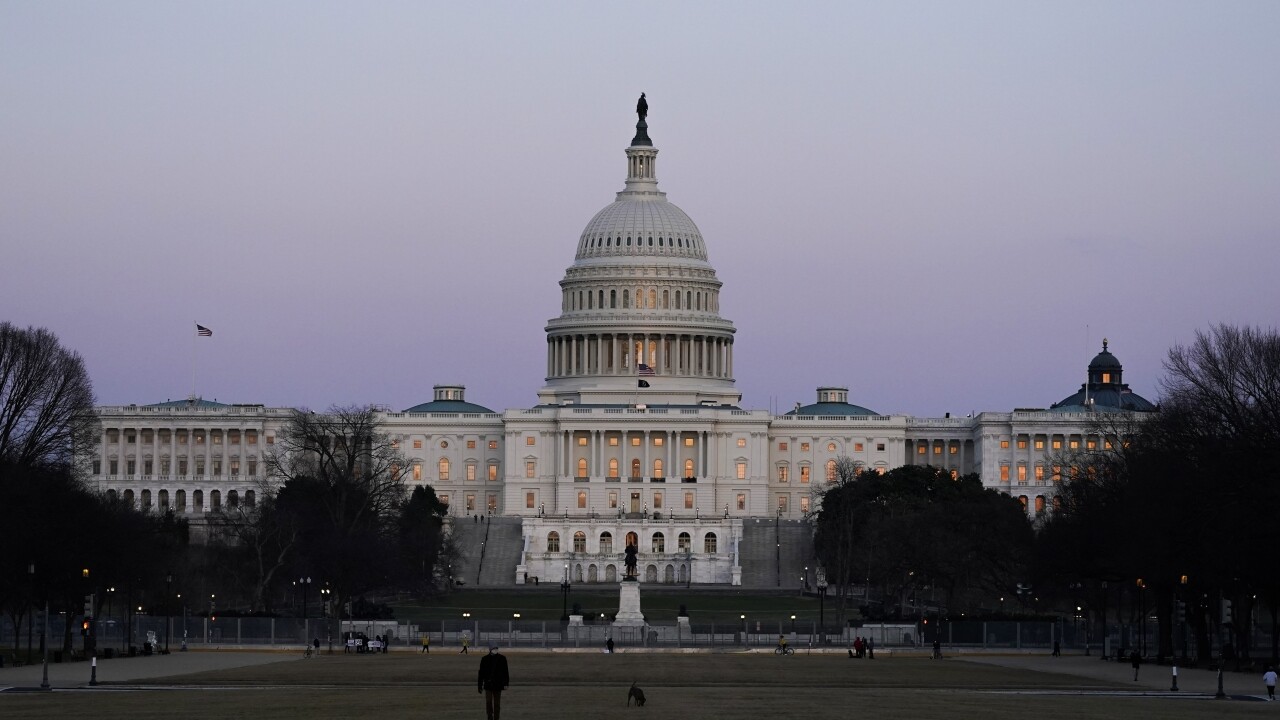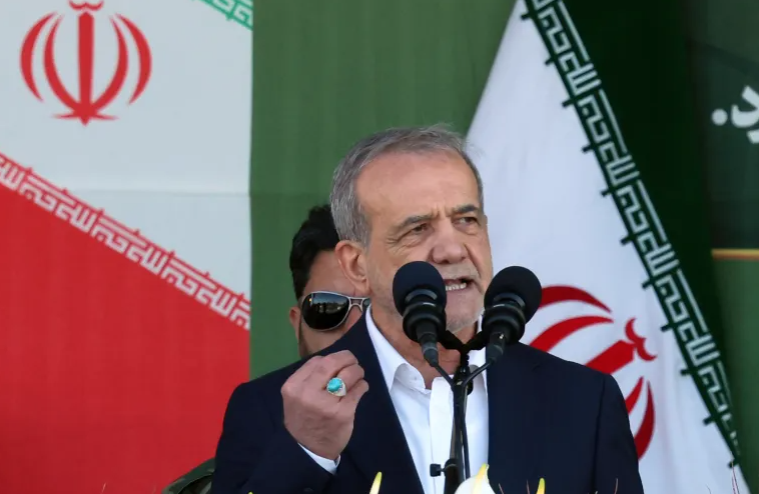WORLD NEWS

In a landmark ruling on Wednesday, a Bangladeshi court sentenced fugitive former Prime Minister Sheikh Hasina to six months in prison for contempt of court, delivering the first official verdict against her since her ousting in 2024. The decision was made in absentia, as Hasina remains in self-imposed exile in India.
The 77-year-old leader, once a towering figure in Bangladeshi politics and head of the now-banned Awami League, was forced to flee the country following a massive student-led uprising last August. Since then, she has defied court summonses and rejected repeated calls to return to face trial in Dhaka.
“She will serve the sentence the day she arrives in Bangladesh or surrenders to the court,” said Chief Prosecutor Mohammad Tajul Islam during a press briefing.
The case focused on comments Hasina allegedly made after her ouster, which prosecutors claimed were intimidating to witnesses and plaintiffs involved in multiple legal proceedings against her.
“Her remarks created an aura of fear among those who filed cases and among the witnesses,” Islam added.
More Sentences, More Trials
Alongside Hasina, Shakil Akanda Bulbul, a top Awami League figure and also in hiding, was sentenced to two months in prison in the same contempt case.
This verdict comes as Hasina faces more serious charges in a separate trial that began on June 1. Prosecutors allege she bears "overall command responsibility" for the violent crackdown on anti-government protesters last year. The United Nations estimates that up to 1,400 people were killed during the two-month-long unrest.
Human rights groups have condemned the brutal crackdown as one of the worst episodes of political violence in the region in recent years.
Crimes Against Humanity Alleged
In the ongoing trial, Hasina faces multiple counts of crimes against humanity under Bangladeshi law. These include mass killings, arbitrary detentions, and torture during the state-led effort to suppress dissent in 2024.
Her state-appointed defence lawyer said the former premier rejects all charges and maintains her innocence.
“She is being targeted for political reasons and has not been given a fair opportunity to defend herself,” the lawyer said.
Bangladesh’s legal and political landscape has been dramatically reshaped since Hasina’s fall from power, with her former party outlawed and many of its senior leaders either jailed, exiled, or in hiding.
What’s Next?
Analysts say Wednesday’s verdict marks a significant milestone in the government's efforts to hold Hasina accountable but also raises concerns about due process in a politically volatile environment.
It remains unclear whether India will extradite Hasina or continue to offer her safe haven.
With the main trial on crimes against humanity still underway, Wednesday’s contempt ruling may only be the first of several verdicts that could define the legacy of one of Bangladesh’s most controversial leaders.




